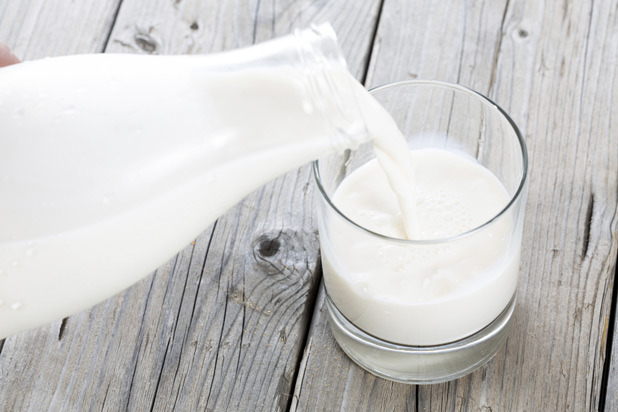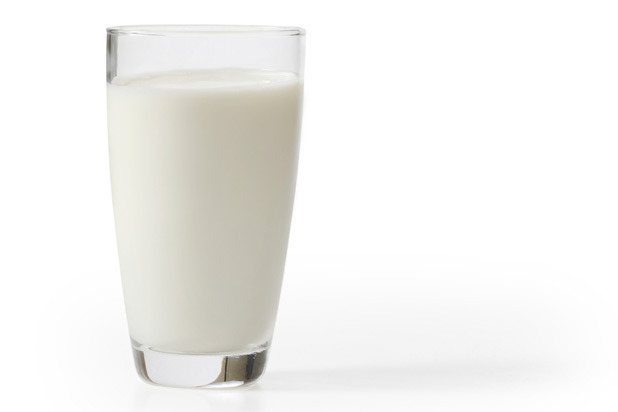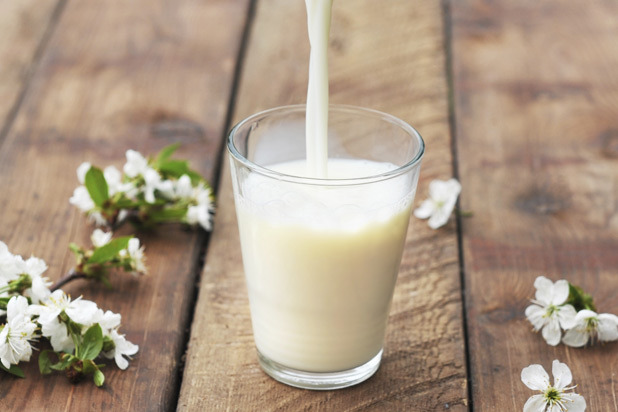8 Reasons Skim Milk Is Unhealthier Than 2% Or Whole (Slideshow)
"The fat in milk will slow down your digestion, which will help to keep you full," explains certified nutritionist nutritionist and board member of the American Heart Association, Deborah Enos.
Stabilizing Blood Sugars
"The fat in the milk slows any potential rise in blood sugar," Enos says. A faster rise in blood sugar, which can be caused by skim milk, can quicken insulin secretion, which may have negative health effects.
Skim Is Sugary
"Whole milk, in my opinion, is healthier than skim," says surgical oncologist Dr. Dmitri Alden. "The reasons behind this are related to fat and sugar content. Skim milk retains all the sugar, 12.3g per cup, and beverages with high sugar content are known to contribute to obesity."
Good Fat and Bad Fat
"Saturated fats are given a bad rap even though they are not fully responsible for the cause of atherosclerosis [which is] the buildup of plaque in your heart that can lead to problems like heart attack and stroke," Dr. Deepa Verma explains. "The real culprit is factory fats, like partially-hydrogenated fats, such as those found in many margarines and coffee creamers that are the cause of heart disease and so much more."
Weight Gain
"I believe that drinking skim milk is actually more likely to make one overweight," Dr. Verma says. "Drinking whole milk also tends to fill you up more, so you tend to consume fewer calories. This may be why we see a seemingly paradoxical effect of weight-gain when one consumes skim milk."
Nutrient Rich
Organic whole milk contains more beneficial omega-3 fatty acids than skim milk, according to a study by Charles Benbrook of Washington State University.
Skin Problems
"In people who drink a significant quantity of milk, there is a trend of more acne in those who drink skim milk compared to two percent and whole," says Dr. Janet C. Lin of Mercy Medical Center in Baltimore.
Obesity Rates and Heart Health
"A simple observation points to the fact that in countries such as France and Sweden where it is customary to consume cream, cheese, and butter, the number of obese people is significantly less than in the U.S." Dr. Alden notes. "Interestingly, the incidence of heart disease is lower in these countries too."
A study in the Scandinavian Journal of Primary Health Care has shown results that may corroborate this observation, as well.







